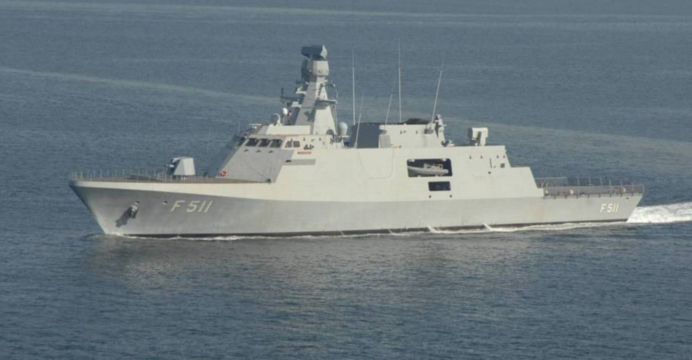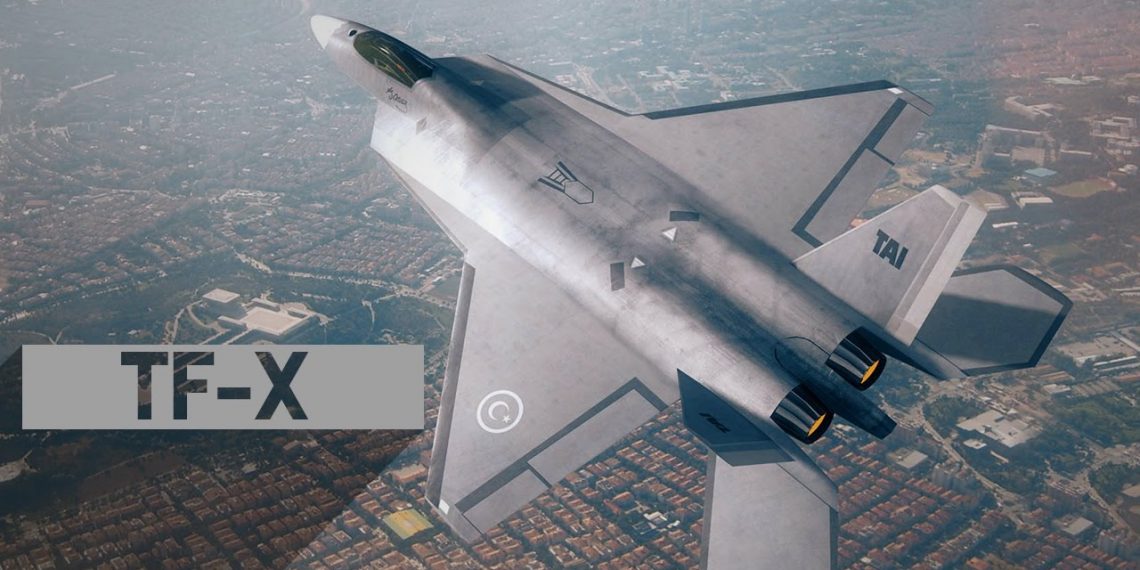Turkey’s foreign minister defended his government’s choice Wednesday to
, presenting it as the second-best option only because NATO allies declined to sell Western hardware.
Speaking during a panel discussion on the sidelines of the NATO summit in Brussels, Belgium, Foreign Minister Mevlüt Çavuşoğlu claimed the Russian-made system poses no threat to the rest of the alliance members, though he offered no argument for his position.
Western issue experts view the purchase from Russia as risky because the system could pose a serious security risk when integrated into allied networks ―
. In addition, Turkey buying from Moscow sends a signal of division among NATO members, the argument goes.
“I tried to buy from my allies,” Çavuşoğlu said. “I wanted to buy from the U.S. for the last 10 years; it didn’t work. I couldn’t buy from NATO allies, so Russia gave me the best proposal. And now I’m buying from Russia.”
Çavuşoğlu used his speech to take stabs at various NATO members: the United States, for attempts to block F-35 fighter jet sales to Turkey over the S-400 kerfuffle; Germany, for ending a deployment of the Patriot anti-missile system protecting Turkey’s southern border; and all of Ankara’s “Western friends” for wanting to keep the country at the in-between stage of “at the doorstep of Europe.”
The foreign minister’s attitude reflects the serious strains between Turkey and western Europe, in particular. The German government, for example, believes President Recep Tayyip Erdogan has effectively transformed the country into an autocracy.
German Defence Minister Ursula von der Leyen, who was part of the panel discussion, retorted that Berlin never withdrew its Patriot systems some years ago, as Çavuşoğlu claimed. Rather, German anti-missile troops left under a previously planned rotational scheme with other nations.
That prompted a snide remark from the Turk, who said Italy had prolonged its Patriot commitment “like real allies.”







